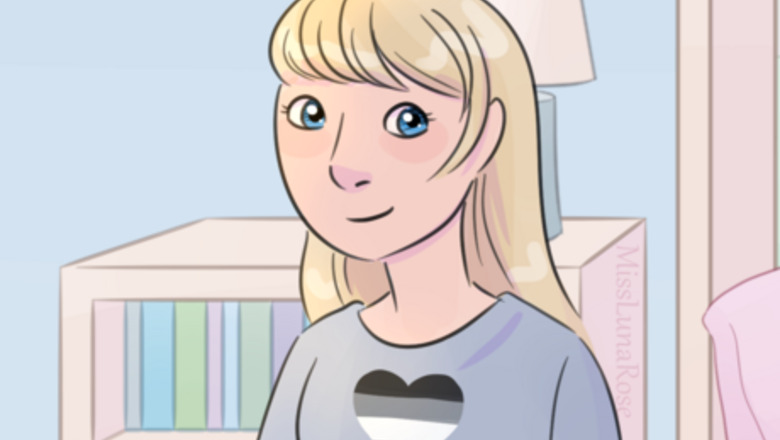
views
Learn about asexuality.
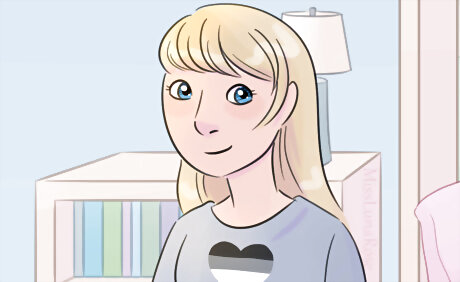
Asexual people do not experience sexual attraction. Often, they don't find sex to be as fascinating as other people seem to think it is. You may be asexual if a lot of these describe you: You don't think about sex much. Sex doesn't seem particularly exciting. You don't get "urges" and your curiosity is more intellectual than emotional. Pornography often seems boring and unrealistic. You don't fully understand why someone good-looking would be called "hot," and "sexy" isn't a commonly-used word in your vocabulary. You don't really fantasize about what people look like naked. You don't know why sex seems so important to other people. You think that sex is much less interesting than cuddling, eating dessert, kissing, reading a good book, or other activities.
Learn about pansexuality.
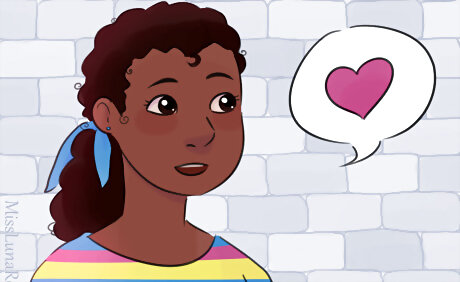
Pansexual people are interested in people regardless of gender or anatomy. The gender of the person they like is usually not very important to them. People who don't care about gender usually identify as pansexual. People who care about gender, but can date people of different genders, may find the label of "bisexual" more fitting.
Recognize the difference between sexual attraction and romantic attraction.

People can be asexual while still wanting and enjoying romance. Sexual orientation and romantic orientation can be different from each other. Panromantic people are interested in romance, regardless of the gender of their partner. Aromantic people are not very interested in romance. They might prefer to stay single. As an example, if you are open to dating people of any gender, but don't find sex very exciting or interesting, then you might be a panromantic asexual.
Look up other related sexual and romantic orientations.
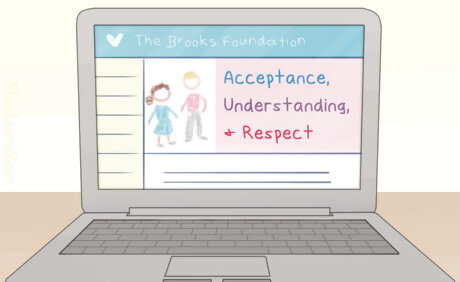
It's possible that there's something else that fits you better. Bisexual people experience attraction to two genders. Many bisexual people are attracted to boys and girls, but a bisexual person can also be attracted to, for example, boys and non-binary people. Demisexual people experience sexual attraction only to people they have a deep emotional bond with. For example, a demisexual gay man may not care about pictures of shirtless men, but get excited over seeing his husband shirtless. Gray-asexual people experience some sexual attraction, but not as much as average. It means being partially, but not completely, asexual. Polysexual people are interested in many genders, but not all. For example, a polysexual person may like women, genderfluid people, and non-binary people, but not men. If you're not sure which of these terms applies to you, it can help to take a sexuality quiz, like this one.
Explore your feelings over time.
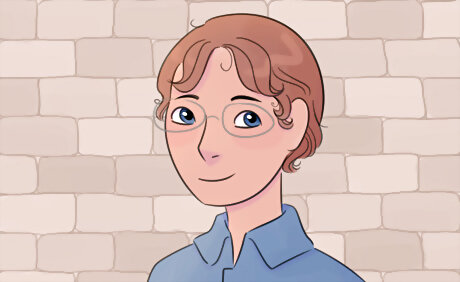
It can take time to figure out who you are and how you feel. Set aside time to think about your past crushes, your present, and your future. Do I like romance: holding hands, cuddling, maybe kissing? Does the idea of sharing a home and having a wedding sound wonderful? What type of person would I like to have a romance with? Do I have sexual attraction: getting excited when someone gets undressed, fantasizing about sex with a certain someone, enjoying media about sex, et cetera? What type of person would I like to share this with? What would an ideal relationship be like for me? What would it involve? How does gender play a role in my interest (if I have any)? Does imagining a man, woman, or nonbinary person change my feelings? (For example, maybe you can imagine a romance with men and nonbinary people, but not women.) Which LGBTQ+ communities feel like home to me? When different people talk about their experiences, what feels familiar? Am I ready to label myself, or do I need more time? What would make me happy?
Learn from people who are pansexual, asexual, and otherwise LGBTQIA+.
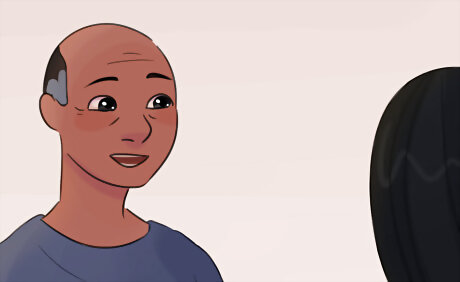
Since you may not know many people who are comfortable talking in person, don't be afraid to look up personal accounts on the internet. When and how did they figure out their sexuality? What was questioning like for them? What other identities did they consider? Did they identify as something else, then realize they were wrong, and find a label that fit better?
Take your time.
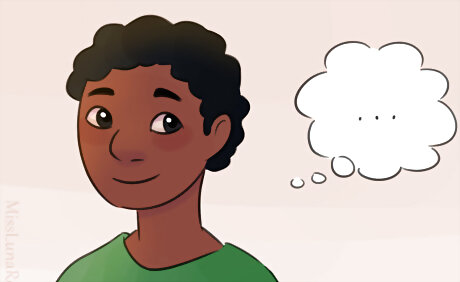
It's okay to go through a period of life where you're not sure, and you don't need to rush into a label if you're not sure you're ready. You can take time to research, think, and experience life. Some people prefer to simply identify as "queer," either temporarily or permanently. This is okay.














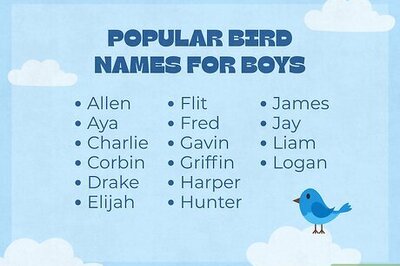



Comments
0 comment